The Psychological Revolution of Writing: How Scratches on Clay Rewired the Human Mind
The First Writer’s Dilemma: A Technology Without Users
Picture this scene: Somewhere in ancient Mesopotamia, around 3200 BCE, a person has just made marks on wet clay that represent grain inventory. They’ve invented writing. But here’s the profound psychological moment we rarely consider – this inventor now faces an extraordinary problem. They’ve created a revolutionary technology that’s completely useless unless they can convince someone else to decode these strange scratches.
Think about the absurdity and brilliance of that moment. The first writer literally had to hunt down another human being and essentially force them to learn this bizarre new skill. “Look,” they might have said, “these marks mean ‘thirty bushels of barley.’ No, really! Stop looking at me like I’m insane. These scratches ARE the barley – well, they represent the barley. Just… just let me teach you!”
This wasn’t just the birth of literacy; it was the birth of a fundamental psychological transformation that would rewire human consciousness forever. And perhaps most remarkably, it required the invention of systematic coercion – what we now call education – to survive.
The Violent Birth of Literacy: Why We Had to Invent Schools
Here’s where the story gets psychologically dark and fascinating. Writing created a massive problem: children naturally learn spoken language, but they don’t naturally learn to read. Our brains evolved for speech; writing is a technological hack that hijacks our visual processing systems. This meant that for writing to survive as a technology, societies had to create institutions to force children to learn it.
Think about the psychological violence of that statement. We had to invent schools – institutions where we literally confine children for hours each day, year after year – because reading is so unnatural that without systematic coercion, it wouldn’t propagate through generations. The first writer didn’t just invent marks on clay; they inadvertently invented homework, detention, and standardized testing.
This forced literacy created the first great psychological divide in human societies: the literate versus the illiterate. For the first time in human history, access to certain types of knowledge became gatekept not by wisdom, experience, or spiritual insight, but by whether someone had endured years of forced symbol-learning. The psychological implications were revolutionary – suddenly, a young scribe who could read might have more social power than an elder with decades of lived experience.
Numbers Before Words: The Accounting of the Soul
Here’s a fascinating psychological insight: we didn’t invent writing to tell stories or express our deepest thoughts. We invented it to count things. The earliest writing systems were accounting tools – marks representing quantities of grain, sheep, or jars of oil. What does this tell us about human psychology?
We are, at our core, anxious creatures obsessed with keeping track. Before we thought to write “I love you” or “The gods are angry,” we wrote “5 sheep.” This reveals something profound about how our minds work – our need for control and predictability is so fundamental that it drove the invention of humanity’s most transformative technology. We needed to manage our anxiety about resources before we needed to preserve our poetry.
The psychological implications are staggering. Writing didn’t begin as a tool for communication or creativity; it began as an external memory system to manage economic anxiety. In therapeutic terms, writing was humanity’s first cognitive behavioral intervention – a way to externalize and manage worried thoughts about resources and survival.
The Roman Numeral Problem: When Writing Systems Fight the Brain
The evolution of number systems provides a window into how technology and psychology intertwine. Roman numerals – those grand letters that look impressive on buildings and Super Bowl logos – were actually terrible for mathematics. Try multiplying XLVII by CXXIII in your head. Go ahead, we’ll wait.
The problem wasn’t just practical; it was cognitive. Roman numerals don’t align with how our brains naturally process quantities. They’re essentially a written system that fights against our innate number sense. This created a fascinating psychological barrier: for centuries, European merchants had to use abacuses or counting boards to do math because their writing system couldn’t support mental calculation.
When Arabic numerals finally arrived in Europe (via Islamic scholars who had refined Indian mathematical concepts), it wasn’t just a technological upgrade – it was a cognitive revolution. Suddenly, the written representation of numbers matched how our brains actually think about quantities. The psychological relief must have been immense. Imagine doing your entire life’s accounting with a system that actively works against your brain’s natural processing, then suddenly discovering a system that flows with your thoughts.
This teaches us something crucial about psychology: when our external tools (like writing systems) don’t match our internal cognitive processes, we experience unnecessary psychological strain. It’s like using your non-dominant hand for everything – possible, but exhausting.
The Externalization of Memory: Outsourcing Our Minds
Before writing, human memory was sacred. Knowledge keepers – the storytellers, genealogists, and law-speakers – were living libraries. Their minds contained entire civilizations’ worth of information. The psychological identity of these individuals was inseparable from their role as memory vessels.
Writing destroyed this. Suddenly, memory could exist outside the human body. Plato, in his dialogue “Phaedrus,” actually warned against writing for this reason. He argued it would weaken human memory and create a false sense of wisdom – people would think they knew things just because they had access to written records, without truly understanding them.
From a psychological perspective, Plato was both right and wrong. Yes, our memory capacity for pure recall has likely diminished. Modern humans probably can’t match the memory feats of pre-literate oral historians. But what we lost in raw memory, we gained in cognitive flexibility. By outsourcing memory to writing, we freed up cognitive resources for other types of thinking – abstract reasoning, hypothetical scenarios, complex problem-solving.
This externalization of memory fundamentally changed human psychology. We became cyborgs – beings whose minds extend beyond our biological boundaries into our tools. Your smartphone isn’t just a device; it’s literally an extension of your cognitive system. This process began with the first clay tablet.
Linear Thinking: How Writing Restructured Consciousness
Writing did something bizarre to human consciousness: it linearized it. Spoken language happens in time – one word after another – but thought doesn’t naturally work this way. Our thoughts are associative webs, jumping from idea to idea in patterns that would look more like networks than lines.
Writing forced us to take these web-like thoughts and squeeze them into linear sequences. This had profound psychological effects. We developed what Walter Ong called “analytic thought” – the ability to create logical sequences, to think in terms of cause and effect, to build arguments that proceed step by step.
Consider how this changed human psychology. Before writing, knowledge was often understood in terms of stories, cycles, and patterns. After writing, we began to think in terms of lists, sequences, and logical progressions. The very idea of “making a point” or “following an argument” is a psychological construct that emerged from literacy.
This linear restructuring of thought even changed how we experience time. Pre-literate cultures often have cyclical concepts of time, based on seasons and generations. Literate cultures develop linear time – history as a progression from past to future, with dates and chronologies. Writing literally changed how humans experience temporality.
The Birth of the Individual Self
Perhaps writing’s most profound psychological impact was the creation of the individual self as we know it. In oral cultures, identity is deeply communal. You are your relationships, your role in the group, your place in the collective story. Knowledge is shared publicly through speech; thoughts become real only when spoken to others.
Writing created the possibility of private thought. For the first time, you could have ideas that existed nowhere but on a piece of papyrus and in your own mind. You could work out complex thoughts without speaking them aloud. You could have a relationship with your own ideas that was separate from your community.
This privacy of thought gradually evolved into our modern concept of individual consciousness – the idea that you have an inner life that’s fundamentally separate from others. The diary, the personal letter, the private journal – these technologies of the self wouldn’t exist without writing, and neither would our modern psychological concept of individuality.
From a therapeutic perspective, this is revolutionary. The very idea that you could have psychological problems that are “yours” – rather than communal or spiritual problems – emerges from literacy. Modern psychotherapy, with its focus on individual thoughts and feelings, is a direct descendant of writing’s creation of private mental space.
Schools of Philosophy: The Academies of Mind
The invention of writing didn’t just force the creation of schools for children; it enabled the birth of schools of philosophy – systematic approaches to understanding mind, reality, and human existence. Without writing, complex philosophical systems couldn’t be developed, refined, and transmitted across generations with precision.
Consider how writing transformed philosophical psychology. Plato’s Academy, Aristotle’s Lyceum, the Stoic schools – these weren’t just places where people talked about ideas. They were institutions built around written texts, where thoughts could be examined, criticized, and refined in ways impossible in purely oral traditions.
Writing allowed philosophers to:
- Build complex arguments that would be impossible to hold in memory
- Reference and critique specific passages from other thinkers
- Develop technical vocabularies with precise definitions
- Create systematic taxonomies of mental phenomena
- Trace the logical implications of ideas across hundreds of pages
This systematization of thought about thought – meta-cognition at a cultural level – fundamentally changed human psychology. We didn’t just think differently; we thought about thinking differently.
The Democratization and Tyranny of Knowledge
Writing created a paradox that still shapes our psychology today. On one hand, it democratized knowledge – information could now travel without requiring a specific person to carry it. A text could teach thousands while its author slept or even after they died. On the other hand, it created new forms of psychological control and exclusion.
Literacy became a tool of power. Those who could read and write controlled law, religion, and commerce. This created what we might call “literacy trauma” – the psychological wounds of being excluded from written knowledge. Even today, illiteracy carries deep psychological shame in most societies, a testament to how thoroughly writing has colonized our concept of valid knowledge.
The psychological pressure to become literate reshaped childhood itself. Instead of learning through play, observation, and gradual participation in adult activities, children were segregated into artificial learning environments where they spent years mastering abstract symbols. This created entirely new categories of psychological development and, inevitably, new ways for development to go “wrong.” Dyslexia, for instance, is only a “disorder” in a world that demands literacy.
Digital Writing and the Next Psychological Revolution
We’re currently living through another writing revolution as dramatic as the invention of writing itself: the shift to digital text. Just as clay tablets created new forms of consciousness, digital writing is restructuring human psychology in real-time.
Consider how digital writing has changed:
- Memory: We’ve outsourced even more cognition to external devices. “Google it” has replaced “remember it.”
- Attention: The hyperlink created non-linear reading, fragmenting the sustained attention that print literacy cultivated.
- Identity: Social media writing creates performative selves, where identity is constructed through continuous textual self-presentation.
- Temporal experience: Digital writing’s editability removes the permanence that gave traditional writing its authority, creating a more fluid relationship with truth and history.
- Social cognition: Text messages and emails remove non-verbal cues, forcing us to develop new psychological skills for interpreting meaning from pure text.
From a psychological perspective, we’re all participants in a massive experiment. Digital natives’ brains are likely developing differently from those of us who grew up with print literacy, just as literate brains differ from pre-literate ones.
Therapeutic Implications: Writing as Psychological Technology
Understanding writing as a psychological technology rather than just a communication tool has profound implications for therapy:
Journaling as Cognitive Restructuring
When we ask clients to journal, we’re not just having them record thoughts – we’re asking them to linearize the non-linear, to make the implicit explicit. This process itself can be therapeutic, forcing a kind of cognitive organization that wouldn’t occur otherwise.
Narrative Therapy as Literacy Practice
Narrative therapy essentially recognizes that we are authored beings – our sense of self is constructed through stories that follow literary conventions. By helping clients “rewrite” their stories, we’re leveraging the psychological architecture that writing created.
The Written Treatment Plan
The act of writing down goals, insights, or commitments changes their psychological status. They move from fluid internal intentions to external artifacts that exist independently of mood or memory. This isn’t just practical; it’s a fundamental shift in how the thought exists psychologically.
Bibliotherapy
Reading about one’s condition or experiences can provide a kind of psychological distance impossible in purely oral therapeutic traditions. The text becomes a third party in the therapeutic relationship, allowing for triangulation of experience.
The Unwriting Mind: What We Lost
In celebrating writing’s gifts to human psychology, we shouldn’t ignore what was lost. Pre-literate minds had capabilities we’ve largely surrendered:
- Prodigious memory: The ability to hold thousands of lines of poetry, entire genealogies, or complex navigational instructions in memory.
- Deep presence: Without the ability to record, every moment had to be fully experienced. There was no photographing the sunset instead of watching it.
- Communal cognition: Knowledge was inherently social, existing only in the space between people rather than in private texts.
- Embodied knowing: Without writing to create abstract categories, knowledge was more deeply integrated with sensory and emotional experience.
- Fluid wisdom: Oral traditions could adapt stories and knowledge to present circumstances in ways that written texts cannot.
Understanding these losses isn’t about romanticizing pre-literate life but about recognizing that every technological advance involves psychological trade-offs. As therapists and as humans, we might ask: what aspects of pre-literate psychology might we want to deliberately cultivate alongside our literacy?
The Unfinished Revolution
The invention of writing wasn’t a single event but an ongoing psychological revolution that continues today. Every time you send a text, write a note, or read these words, you’re participating in humanity’s great cognitive experiment – the externalization of mind into material form.
That first writer, desperately trying to convince someone else that their scratches meant something, initiated a transformation that would ultimately reshape human consciousness itself. They didn’t just invent a tool; they invented new ways of being human. They created the possibility of the individual self, of abstract thought, of knowledge existing independently of knowers.
But perhaps most remarkably, they created the need for systematic education – the recognition that human psychology could and must be deliberately shaped to accommodate new technologies. In forcing children to learn to read, we acknowledged that our biological inheritance wasn’t enough for the world we were creating. We would have to actively construct the kinds of minds our civilization required.
As we stand on the precipice of new cognitive technologies – AI, brain-computer interfaces, augmented reality – we might remember that first writer and their profound problem: how do you convince others to rewire their brains for a technology they don’t yet understand? How do you create the psychological infrastructure for ways of thinking that don’t yet exist?
The answer, history suggests, involves a combination of coercion and seduction, institutional force and individual fascination. We’ll create new schools – or their equivalent – to force new literacies into existence. We’ll reshape childhood again, demanding new cognitive capabilities that would seem like magic to previous generations.
And somewhere, someone will make marks – digital, quantum, or neural – that no one else can yet read, beginning another chapter in the endless story of how humans remake their own minds through the technologies they create. The revolution that began with scratches on clay continues, each generation inheriting and transforming the psychological architecture that writing built.
In our therapeutic practices, in our educational institutions, in our daily acts of reading and writing, we’re all citizens of the revolution that began when someone first looked at marks on clay and saw meaning. We are the psychological descendants of that first desperate teacher, trying to convince another human that abstract marks could hold reality.
And in that ongoing struggle – to make meaning from marks, to share consciousness through symbols, to build bridges of understanding across the void between minds – we continue the work that defines us as the only species that must teach its young to decode the thoughts we’ve learned to freeze in time.
The invention of writing didn’t just change what we know; it changed what it means to know. It didn’t just transform how we communicate; it transformed what we are. We became the animals who must go to school, the creatures who think in lines, the beings whose minds exist partially outside our bodies.
And perhaps most importantly, we became the species that can look back at our own psychological evolution and understand it – because someone, long ago, made marks on clay and then went hunting for a student.

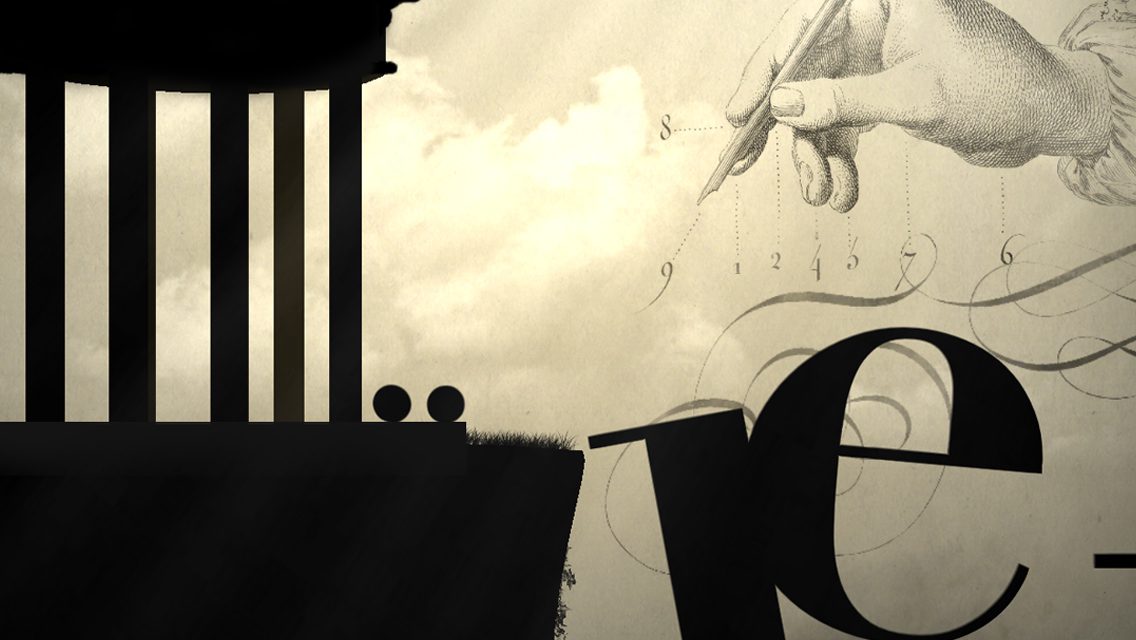


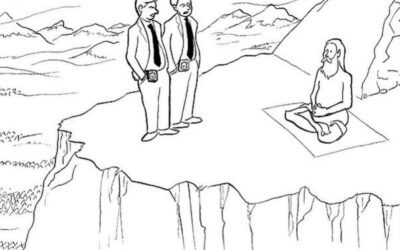



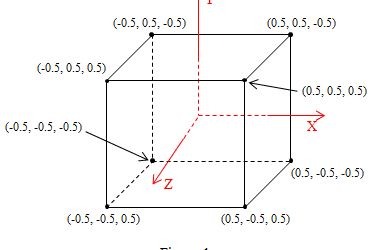


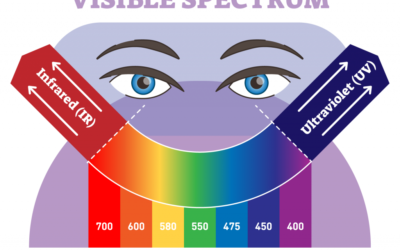




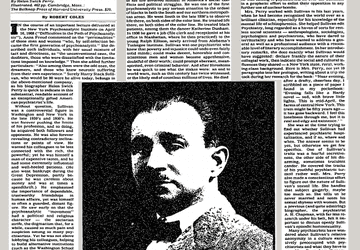


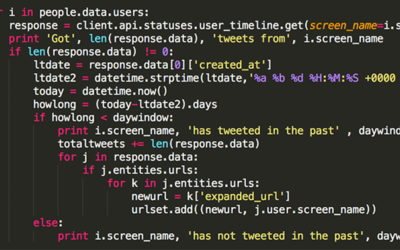




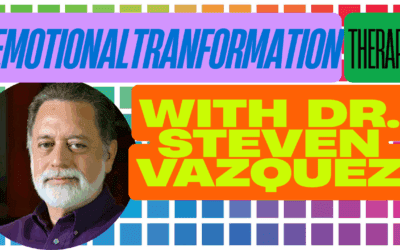

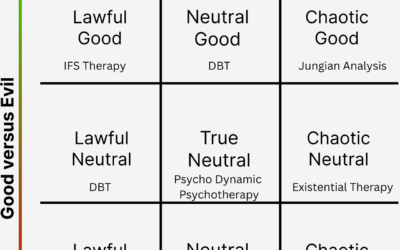
0 Comments